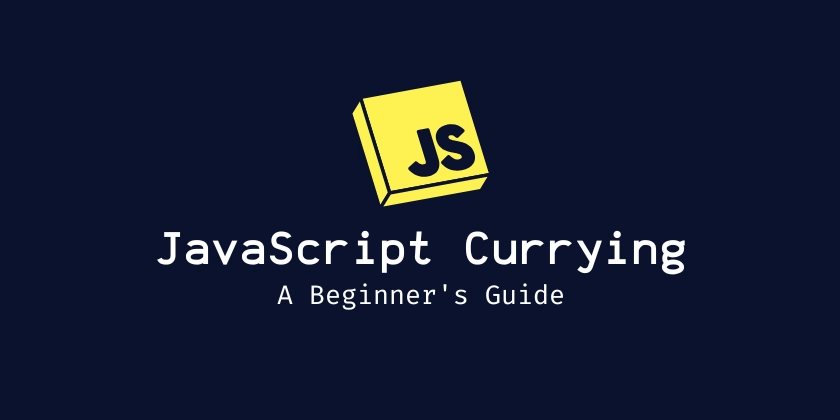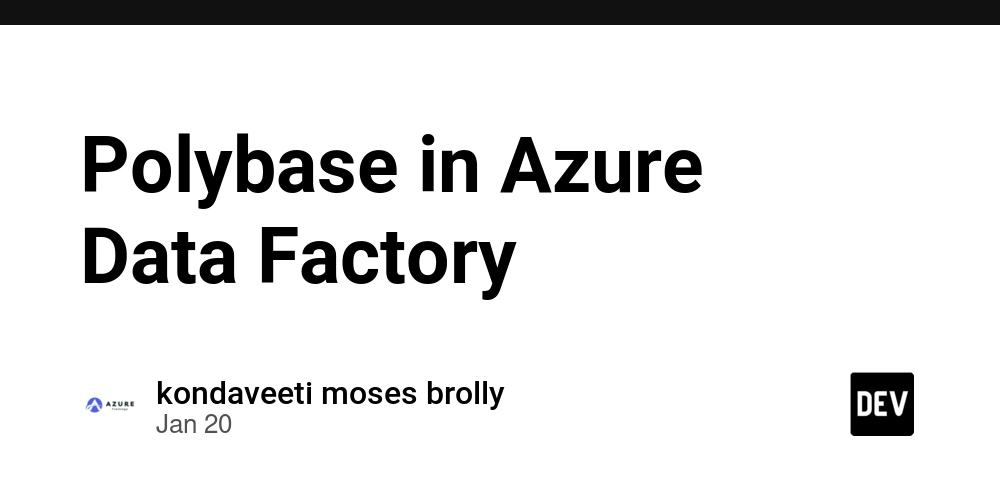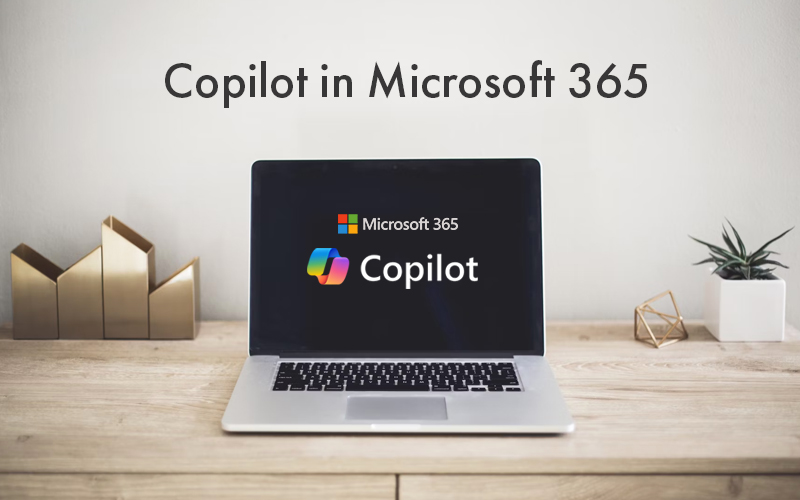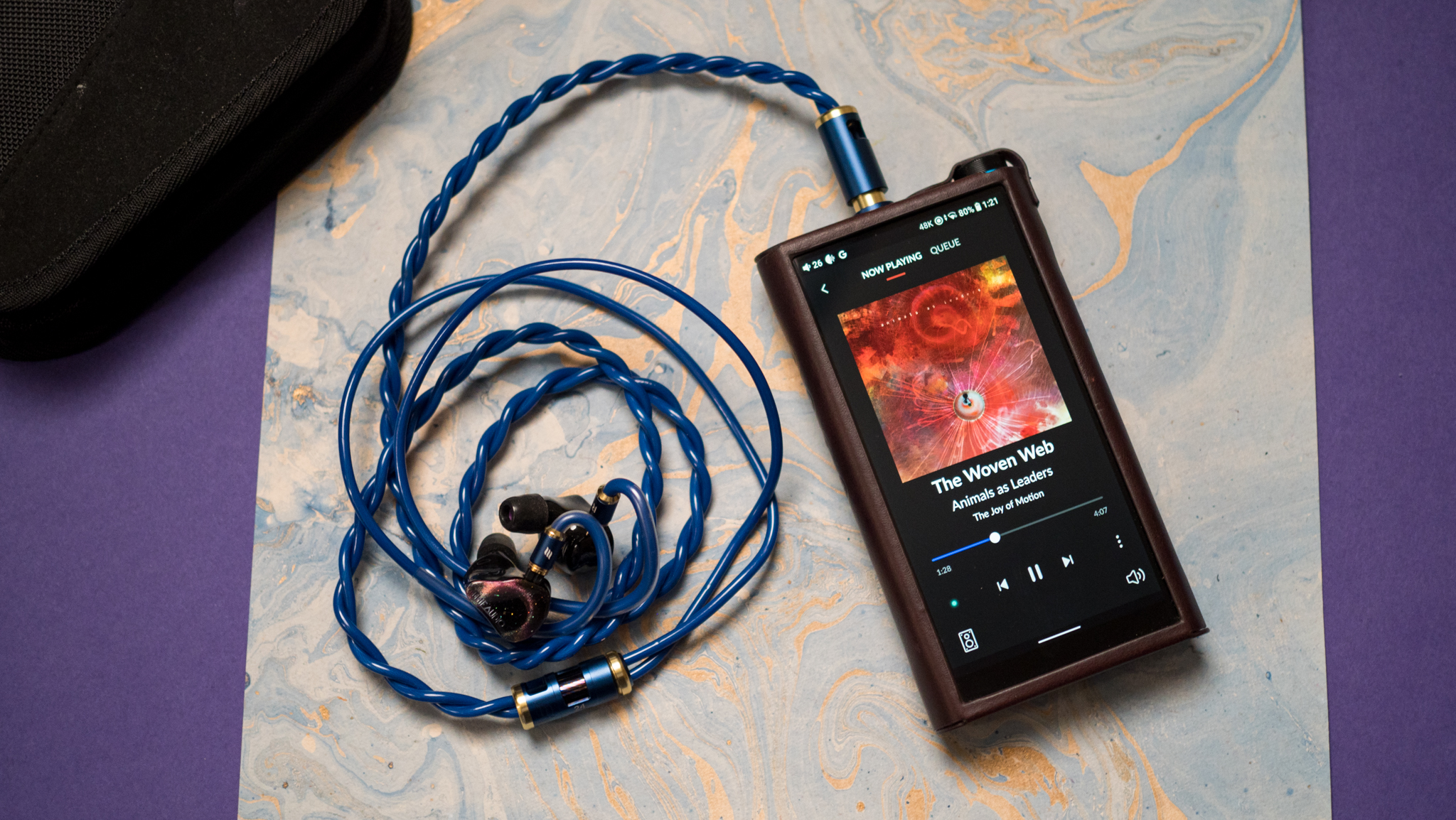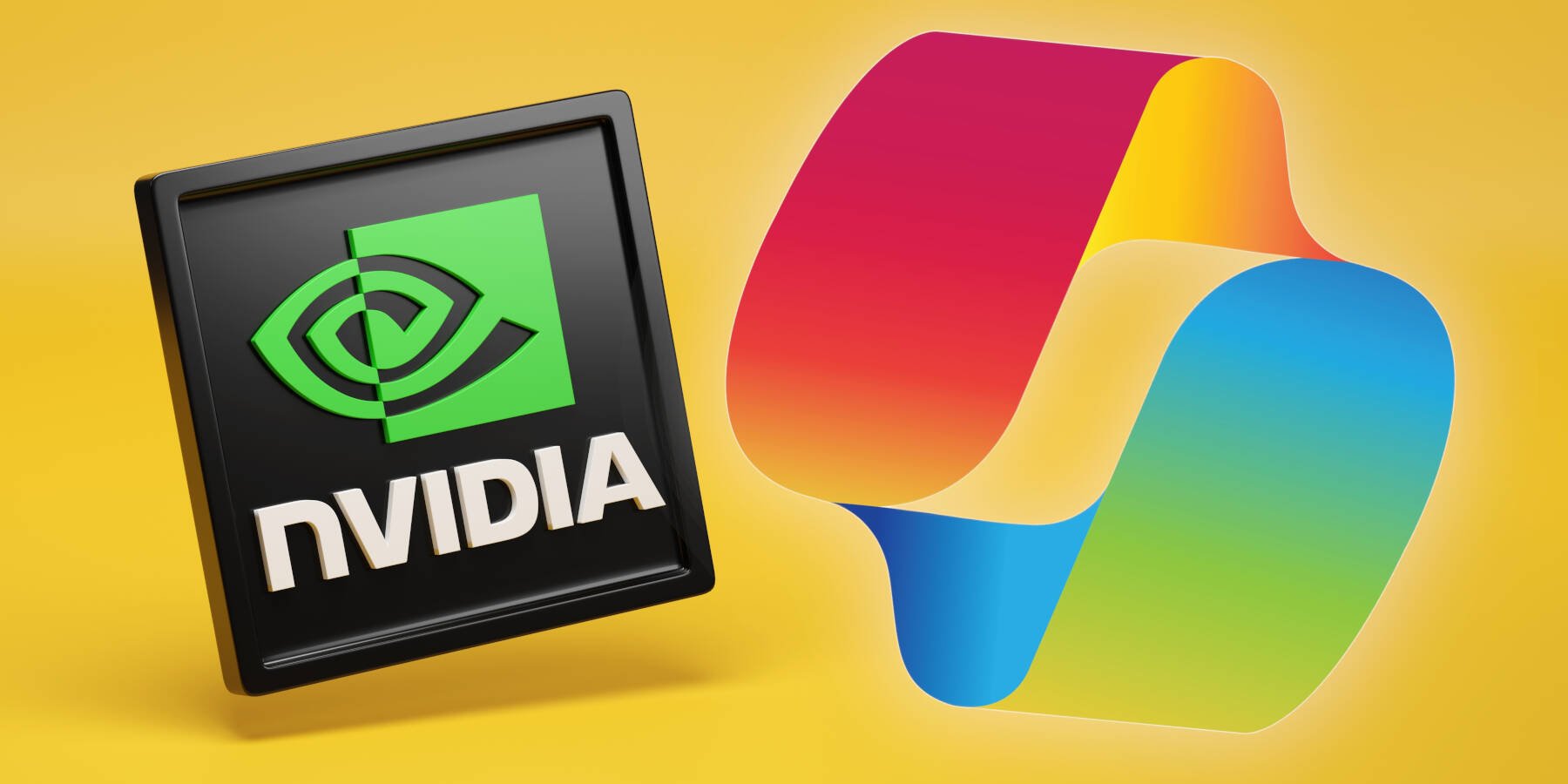Phoenix Rising
This is a submission for the GitHub Copilot Challenge: New Beginnings What I Built Phoenix Rising is a digital sanctuary against corporate dehumanization. In a world where emotions are increasingly commodified, this application offers a private and secure space for emotional reflection. By leveraging AI models, Phoenix Rising transforms personal experiences into uplifting "light tokens," fostering a meaningful journey toward emotional growth. Built entirely in 24 hours as part of the GitHub Copilot 1-Day Build Challenge, this project exemplifies how AI-assisted tools can accelerate development while maintaining quality and innovation. Features AI-Powered Sentiment Analysis: Understand the emotional tone of your journal entries. Light Token Generation: Turn emotions into personalized tokens of light and inspiration. Analytics Dashboard: Visualize your emotional progression over time with graphs and charts. Customizable Storage: All data is securely stored locally using SQLite. Seamless Integration: Plug-and-play with Hugging Face Inference API for advanced AI models. Demo Experience Phoenix Rising Try the application with your custom Hugging Face endpoints and embark on a transformative journey of self-reflection. Screenshots 1. Welcome to Your Sanctuary 2. Illuminate Your Journey Repo Explore the full codebase on GitHub: Phoenix Rising Repository Copilot Experience How I Used GitHub Copilot GitHub Copilot was my coding partner throughout this project. Here's how I used it: Iterative Coding: Leveraged Copilot's autocomplete for rapid iteration during function creation and debugging. Made heavy use of multi-file editing and inline suggestions for dependencies like Hugging Face's Inference API. Boilerplate Setup: Used Copilot to generate initial Streamlit boilerplate for the UI and application flow. Accelerated the creation of Python class templates for llm_service, database, and utils. Error Handling: Used Copilot to draft exception-handling blocks and integrate retry mechanisms with the tenacity library. Styling and Customization: Collaborated with Copilot to fine-tune the custom CSS for a visually appealing experience. Model Integration: Configured Hugging Face pipelines for typeform/distilbert-base-uncased-mnli and microsoft/Phi-3-medium-4k-instruct. Challenges Solved with Copilot Debugging & Refactoring: Copilot provided inline suggestions for fixing complex API interaction bugs and optimizing function logic. Streamlined Multi-File Editing: Quickly switched between app.py, llm_service.py, and database.py for seamless integration of features. Rapid Prototyping: Enabled me to generate boilerplate and iterate faster than traditional coding methods, making the 24-hour deadline achievable. Hugging-Face Models While I primarily used GitHub Copilot for development, I relied on Hugging Face models for AI functionality, which played critical roles in enhancing the application experience: Sentiment Analysis: typeform/distilbert-base-uncased-mnli provided nuanced emotional insights by categorizing user journal entries into emotional labels. This enabled the application to respond appropriately to different emotional tones and guide users through meaningful self-reflection. Chat Generation: microsoft/Phi-3-medium-4k-instruct empowered the generation of personalized and uplifting "light tokens." These tokens were tailored to the user's emotional state, transforming journal entries into encouraging and reflective outputs that foster personal growth and positivity. Conclusion The GitHub Copilot 1-Day Build Challenge was an exhilarating experience, pushing the limits of my productivity and creativity. Phoenix Rising is more than a technical project—it's a demonstration of how AI can enable meaningful solutions within tight constraints. Reflections Impact: This project showcases how AI and thoughtful design can create tools for personal growth and reflection. Learnings: AI-assisted development is a game-changer, enabling rapid iteration and efficient problem-solving. Disclaimer: Over the course of the 24 hours, I exhausted multiple AI models, including those provided by Anthropics and OpenAI, alongside GitHub Copilot. Each tool contributed to different aspects of the development, ensuring that the final application leveraged a wide range of capabilities to achieve its full potential. Thank you for the opportunity to participate in this challenge. I hope Phoenix Rising inspires others to explore the intersection of AI and human emotional resilience. Connect with me: GitHub LinkedIn

This is a submission for the GitHub Copilot Challenge: New Beginnings
What I Built
Phoenix Rising is a digital sanctuary against corporate dehumanization. In a world where emotions are increasingly commodified, this application offers a private and secure space for emotional reflection. By leveraging AI models, Phoenix Rising transforms personal experiences into uplifting "light tokens," fostering a meaningful journey toward emotional growth.
Built entirely in 24 hours as part of the GitHub Copilot 1-Day Build Challenge, this project exemplifies how AI-assisted tools can accelerate development while maintaining quality and innovation.
Features
- AI-Powered Sentiment Analysis: Understand the emotional tone of your journal entries.
- Light Token Generation: Turn emotions into personalized tokens of light and inspiration.
- Analytics Dashboard: Visualize your emotional progression over time with graphs and charts.
- Customizable Storage: All data is securely stored locally using SQLite.
- Seamless Integration: Plug-and-play with Hugging Face Inference API for advanced AI models.
Demo
Experience Phoenix Rising
Try the application with your custom Hugging Face endpoints and embark on a transformative journey of self-reflection.
Screenshots
1. Welcome to Your Sanctuary
2. Illuminate Your Journey
Repo
Explore the full codebase on GitHub:
Phoenix Rising Repository
Copilot Experience
How I Used GitHub Copilot
GitHub Copilot was my coding partner throughout this project. Here's how I used it:
-
Iterative Coding:
- Leveraged Copilot's autocomplete for rapid iteration during function creation and debugging.
- Made heavy use of multi-file editing and inline suggestions for dependencies like Hugging Face's Inference API.
-
Boilerplate Setup:
- Used Copilot to generate initial
Streamlitboilerplate for the UI and application flow. - Accelerated the creation of Python class templates for
llm_service,database, andutils.
- Used Copilot to generate initial
-
Error Handling:
- Used Copilot to draft exception-handling blocks and integrate retry mechanisms with the
tenacitylibrary.
- Used Copilot to draft exception-handling blocks and integrate retry mechanisms with the
-
Styling and Customization:
- Collaborated with Copilot to fine-tune the custom CSS for a visually appealing experience.
-
Model Integration:
- Configured Hugging Face pipelines for
typeform/distilbert-base-uncased-mnliandmicrosoft/Phi-3-medium-4k-instruct.
- Configured Hugging Face pipelines for
Challenges Solved with Copilot
-
Debugging & Refactoring:
- Copilot provided inline suggestions for fixing complex API interaction bugs and optimizing function logic.
-
Streamlined Multi-File Editing:
- Quickly switched between
app.py,llm_service.py, anddatabase.pyfor seamless integration of features.
- Quickly switched between
-
Rapid Prototyping:
- Enabled me to generate boilerplate and iterate faster than traditional coding methods, making the 24-hour deadline achievable.
Hugging-Face Models
While I primarily used GitHub Copilot for development, I relied on Hugging Face models for AI functionality, which played critical roles in enhancing the application experience:
Sentiment Analysis:
typeform/distilbert-base-uncased-mnliprovided nuanced emotional insights by categorizing user journal entries into emotional labels. This enabled the application to respond appropriately to different emotional tones and guide users through meaningful self-reflection.Chat Generation:
microsoft/Phi-3-medium-4k-instructempowered the generation of personalized and uplifting "light tokens." These tokens were tailored to the user's emotional state, transforming journal entries into encouraging and reflective outputs that foster personal growth and positivity.
Conclusion
The GitHub Copilot 1-Day Build Challenge was an exhilarating experience, pushing the limits of my productivity and creativity. Phoenix Rising is more than a technical project—it's a demonstration of how AI can enable meaningful solutions within tight constraints.
Reflections
- Impact: This project showcases how AI and thoughtful design can create tools for personal growth and reflection.
- Learnings: AI-assisted development is a game-changer, enabling rapid iteration and efficient problem-solving.
Disclaimer: Over the course of the 24 hours, I exhausted multiple AI models, including those provided by Anthropics and OpenAI, alongside GitHub Copilot. Each tool contributed to different aspects of the development, ensuring that the final application leveraged a wide range of capabilities to achieve its full potential.
Thank you for the opportunity to participate in this challenge. I hope Phoenix Rising inspires others to explore the intersection of AI and human emotional resilience.
Connect with me:


